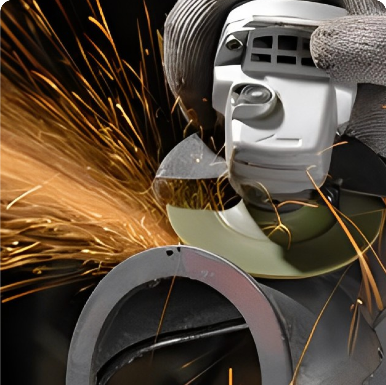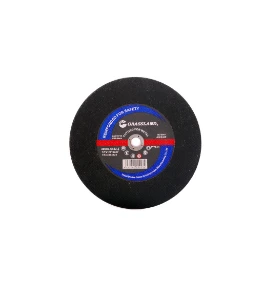

Zirconia Alumina Wheels bring a powerful performance in heavy-duty situations. They are ideal for steel and steel alloy fabrication processes, offering extended durability and longer life compared to aluminum oxide wheels. This type's self-sharpening nature keeps the cutting action consistent, which is beneficial for environments that deal with sustained, high-intensity grinding. Ceramic Grinding Wheels stand out for their ability to stay sharp for longer periods. As advancements in manufacturing processes continue, ceramic wheels are increasingly used for their efficiency and minimal wear. Their unique abrasive properties make them suitable for grinding hard materials while reducing heat exposure and maintaining a constant cutting ability, offering better control over the final product quality. Each type of grinding wheel has its distinct advantages and choosing the right one significantly impacts the efficiency of your operation. Factors such as material compatibility, required finish, and operational speed must be carefully considered to optimize the manufacturing process. It is crucial to ensure that the wheels meet the specific standards and regulations laid out for safety and performance. For industry professionals, staying abreast of the latest developments in grinding wheel technology is not only about achieving excellence in their work but also about maintaining competitiveness in a rapidly advancing field. Continuous education and adaptation to new techniques go hand-in-hand with the selection of the appropriate tools, directly influencing not only the quality of workmanship but also the longevity and reliability of the equipment used. By understanding the different types of grinding wheels and their optimal uses, businesses can make informed decisions, improve production lines, and ensure top-notch results without compromising on safety or quality. The mastery of wheel selection backed by experience and a profound understanding of materials can turn a challenging task into one of efficiency and precision, marking the difference between good and great craftsmanship.
Post time:Jan - 11 - 2025

















